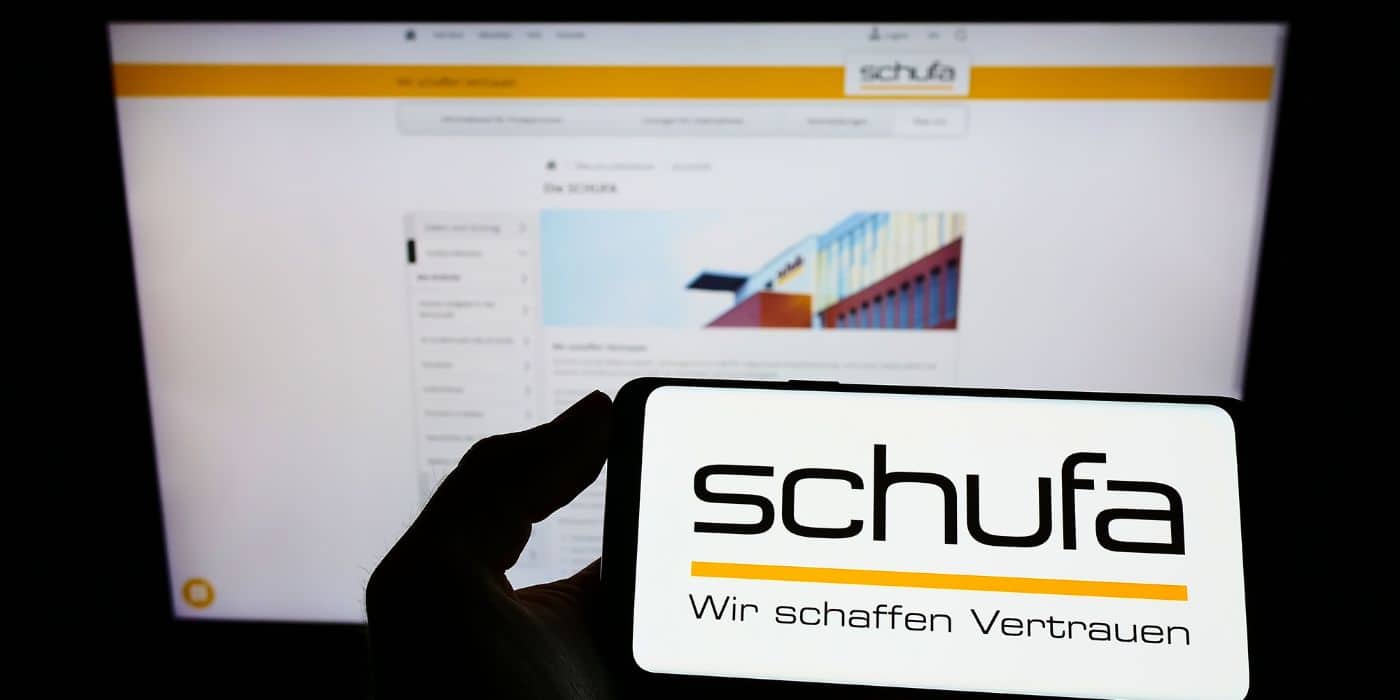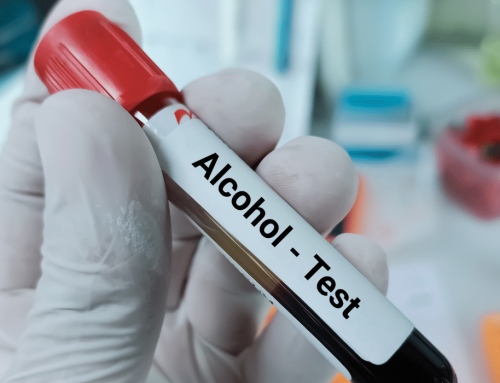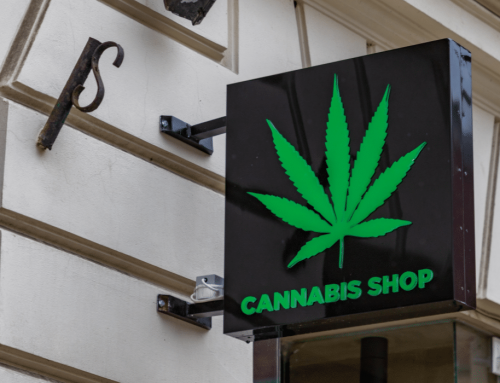Illegal data disclosure by mobile phone providers: An overview of the judgements

The disclosure of positive data by mobile phone providers to Schufa without the customers’ consent has caused considerable uproar in recent years. Some judgements clarify the legal situation in this area.
What is positive data?
Positive data is information such as the number of current and old contracts with different providers or the date of bill payment. Although they appear to be neutral, such data can allow negative conclusions to be drawn. A frequent change of a mobile phone contract could be interpreted as an indication of provider hopping, which companies often interpret negatively.
Important judgements at a glance
- LG Munich I, judgement of 25 April 2023, ref. 33 O 5976/22:** This judgement confirmed that Telefónica should have obtained voluntary consent for the transfer of data, which did not happen.
- LG Frankfurt a.M., judgement of 26 May 2023, Az. 2-24 O 156/21:** Here, a clause of the energy supplier Eprimo was objected to, as it allowed the transmission of positive data to credit agencies. The court also considered this to be a violation of the GDPR.
- LG Köln, judgement of 23 March 2023, 33 O 376/22:** Despite rejection on procedural grounds in the first instance, the court took the same view in terms of content as the LG München with regard to the transfer of data. An appeal is expected.
- LG Mainz, judgement of 12 November 2021 – 3 O 12/20:** This judgement awarded a data subject damages of 5,000 euros following an unauthorised disclosure of data to Schufa.
- OLG Dresden, judgement of 30 November 2021 – 4 U 1158/21:** Here, damages of 5,000 euros were also confirmed for an unlawful disclosure of data.
These rulings make it clear that the court system takes data protection and the rights of consumers seriously. Data subjects are entitled to non-material damages under Article 82 of the General Data Protection Regulation (GDPR) if their data has been disclosed without consent.
Concluding thoughts
The judgements against mobile phone providers regarding the disclosure of positive data send a clear signal. Data protection and individual rights must be upheld, and companies that disregard these principles should expect legal consequences. It remains to be seen how the mobile industry will adapt to this case law.





